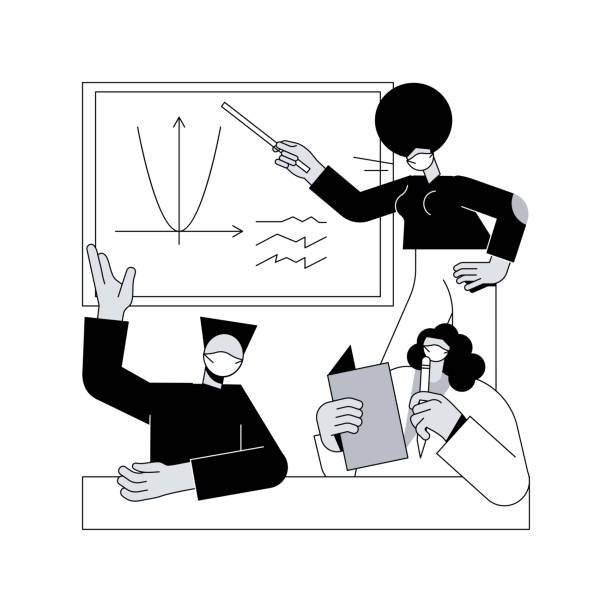The Meaning of the Phrase “Entry Requirements to Higher Education”:
The phrase “entry requirements to higher education” refers to the specific criteria that must be met in order to gain admission to a college or university. These requirements are put in place to ensure that only qualified individuals are admitted to higher education programs and that they have the necessary skills and knowledge to succeed in their chosen field of study.
Entry Requirements to Higher Education
Higher education institutions have different entry requirements depending on the program of study, level of education, and the institution itself. These requirements are set by the institution and can include academic, financial, and personal qualifications.
List of entry requirements: Some common entry requirements for higher education include:
- Academic qualifications: This can include high school or secondary school transcripts, test scores such as the SAT or ACT, and grades from previous academic programs.
- Financial qualifications: This can include proof of financial support, such as a scholarship or student loan, or the ability to pay for tuition and other expenses.
- Personal qualifications: This can include a personal essay or statement of purpose, letters of recommendation, and an interview or other means of evaluating the individual’s character and suitability for the program.
Examples of Entry Requirements to Higher Education
Examples: Here are a few examples of entry requirements for different higher education programs:
- Undergraduate programs: Entry requirements for undergraduate programs can include a high school diploma or equivalent, test scores such as the SAT or ACT, and a personal essay or statement of purpose.
- Graduate programs: Entry requirements for graduate programs can include a bachelor’s degree, a personal essay or statement of purpose, letters of recommendation, and test scores such as the GRE or GMAT.
- Professional programs: Entry requirements for professional programs, such as law or medicine, can include a bachelor’s degree, test scores such as the LSAT or MCAT, and a personal essay or statement of purpose.
It is important to note that entry requirements can vary greatly between institutions and programs, and it is important to research the specific requirements for your chosen program in order to ensure that you meet all of the necessary criteria.





